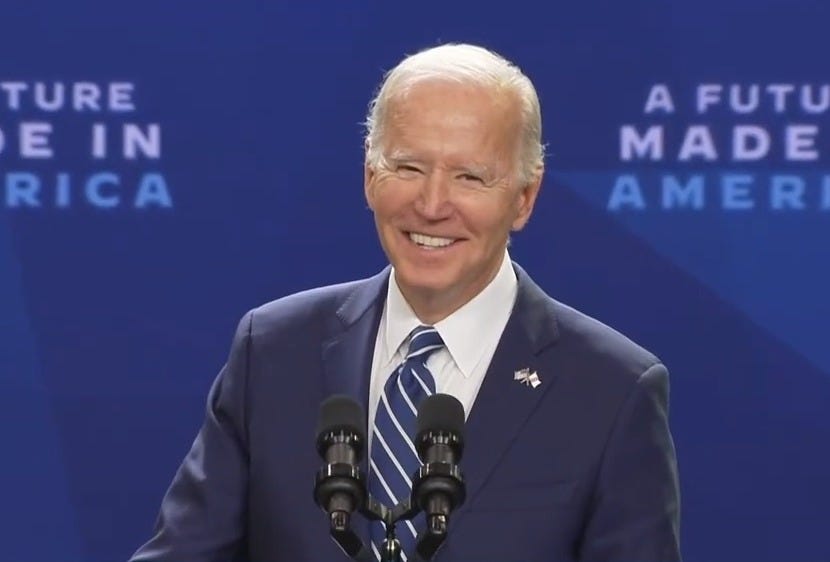TikTok is preparing for the next wave of elections across Europe, with a new commitment to staffing local language election centers for each of the 27 individual EU member states, which will include dedicated, vetted local voting info in the app.
As explained by TikTok:
“More than 134m people across Europe come to TikTok every month, many of whom will vote in the forthcoming European elections. Next month, we will launch a local language Election Centre in-app for each of the 27 individual EU Member States to ensure people can easily separate fact from fiction. Working with local electoral commissions and civil society organizations, these Election Centers will be a place where our community can find trusted and authoritative information.”
TikTok shared a preview of these new election center activations last month, which will highlight official voting information, in order to counter potential misinformation around such.
Here’s what they’ll look like in the U.S.:

In addition to these new in-app info hubs, TikTok has also committed to combating misinformation designed to sway voters, with over 6,000 staffers working on moderating EU language content.
“Our teams work alongside technology to ensure that we are consistently enforcing our rules to detect and remove misinformation, covert influence operations, and other content and behavior that can increase during an election period.”
This is an especially important initiative for TikTok, due to existing concerns that its links to the Chinese Government could leave TikTok users susceptible to manipulation designed to benefit the CCP. Already, various reports have suggested that TikTok has influenced certain trends in the app in alignment with CCP preferences, and in theory, that could also expand to the app amplifying certain elements, and supressing others, to drive a more desired outcome.
To be clear, nothing has been definitively proven in respect to TikTok moderating content in line with Chinese Government requests. But broader concerns about China’s related influence operations, which continue to be uncovered in various other forms, do suggest that a Chinese-owned app could be a prime target for the same.
As such, TikTok needs to demonstrate its independence, and political neutrality, wherever it can, in order to avoid further scrutiny, and potential restrictions, due to such concerns.
TikTok says that it’s removing misleading content at a higher rate than ever, while it’s also working with nine different fact-checking organizations across Europe to verify the accuracy of posted content in 18 different European languages.
It’s also deploying dedicated teams to combat election manipulation efforts:
“Deceptive actors do sometimes try to target online platforms during elections, and we have dedicated experts working to detect, disrupt, and stay ahead of deceptive behaviors. We report the removals of covert influence networks in our quarterly Community Guidelines Enforcement Reports. In the coming months, we’ll also introduce dedicated covert influence operations reports to further increase transparency, accountability, and cross-industry sharing. We currently provide information about how we assess this behavior on our Transparency Center.”
With the rise of generative AI, and based on the lessons learned in past elections, we’re undoubtedly going to see a swathe of influence operations across all social apps in 2024, which will test each platform’s capacity to respond to such, and mitigate misinformation leading into the polls.
And make no mistake, there are going to be incidents within social apps that will impact voting behaviors, but hopefully, with pre-emptive measures like these in place, users will be able to avoid misleading approaches, minimizing the impact of such initiatives.
I mean, I’d like to believe that will be the case, but the challenge before social apps is significant, and it’s hard to see all of these vectors being shut down, especially when you also factor in vested interests among platform ownership.







































































